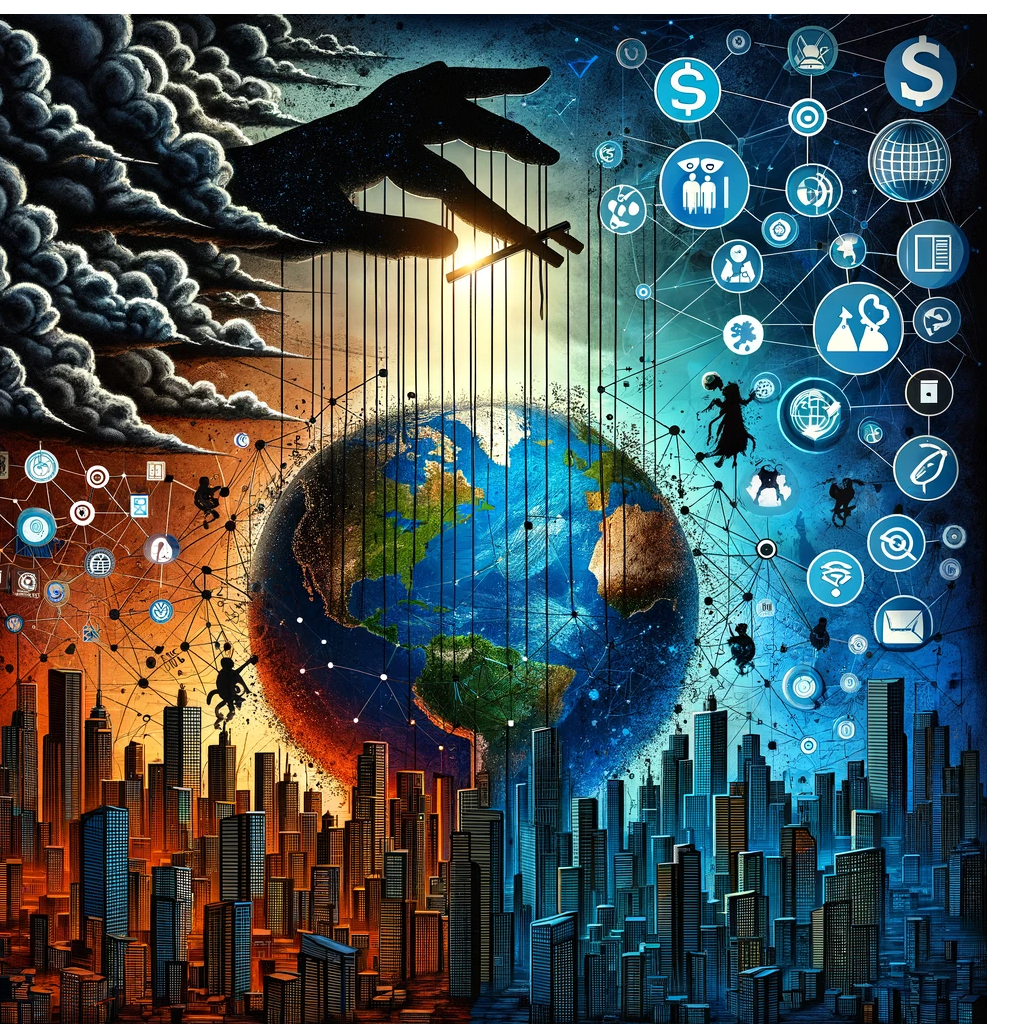
By Stefan Schembera, Armando Castro, Don Lange, Kathleen Rehbein (Guest editors), and Punit Arora (BAS editor).
Despite several decades of research and reform, organizational corruption and wrongdoing continue to persist. However, the specter of corruption and wrongdoing has evolved and expanded, even taking on new forms such as blockchain fraud, manipulative environmental lobbying, and unethical practices in global supply chains. These complex manifestations not only extend beyond traditional corruption paradigms, but also are fueled by, and contribute to, significant societal changes, further complicating their detection and resolution. It is within this context that we invite submissions from the academic community for a Business & Society Special Issue. In this call for papers, we seek incisive research that illuminates how corruption and wrongdoing may emerge in contemporary organizations and societies, as well as strategies to effectively address these challenges. In the following discussion, we highlight some of the possible pathways for exploring the fabric of modern-day organizational corruption.
Corruption in a World of Change
Addressing organizational corruption and wrongdoing in their myriad forms requires deep understanding of the contexts in which they are embedded. Today’s landscape of organizational corruption is not what it used to be. As borders blur and business becomes ever more globalized, corruption extends beyond the clear-cut transactions of the past. Given the interconnections between corruption, business, and society in a world where global crises and challenges are the norm, we emphasize the importance of employing a business and society perspective to shed light upon corruption and wrongdoing. This perspective acknowledges that corruption not only impedes economic development, but also undermines efforts to address a range of societal issues including environmental sustainability, public health, equality, anti-discrimination, peace and harmony, and citizens’ trust in democracy.
Corruption and the SDGs
Evidence suggests that some firms are actively undermining the spirit of the United Nations’ 17 Sustainable Development Goals (SDGs), a comprehensive framework established in 2015 to address a spectrum of social, economic, and environmental challenges by 2030. Despite the UN’s identification of corruption and wrongdoing as key obstacles to achieving these goals, certain corporate actions continue to impede progress. This includes excessive lobbying for fossil fuels and manipulation of environmental performance reports, hindering efforts related to climate change (SDG #13). Furthermore, global crises such as the COVID-19 pandemic (SDG #3) and armed conflicts in Europe and the Middle East (SDG #16) have been associated with a resurgence of organizational corruption and wrongdoing that exacerbate these crises.
Corruption and today’s business and society transformations
In today’s globalized and digitalized business landscape, the nature of corruption transcends mere legal definitions. It has evolved into a fluid social construct, constantly reshaped by societal norms and perceptions of what is ethical or acceptable. In response, many global corporations have established extensive compliance departments and standardization processes. Yet, the journey toward a truly corruption-free corporate culture is complex and cannot be reduced to mere compliance checklists. This approach often falls short in realizing broader societal goals. Moreover, the digital revolution offers a mix of challenges and opportunities. Technologies such as AI and blockchain present innovative means to combat corruption, but they also open avenues for new and sophisticated forms of wrongdoing.
Academic agenda and call for papers
This brings us to the current call for papers for this special issue. We invite conceptual and empirical (qualitative and quantitative) submissions on a variety of research questions spanning topics such as the construction and attribution of organizational corruption and wrongdoing, the balance between compliance and goal achievement in opaque contexts, how corruption and wrongdoing emerge from climate-change pressures, the impact of crises like COVID-19 on organizational integrity, the dynamics of digital communication in fostering corruption, and the role of technologies like Blockchain in combating corruption. We also encourage exploring new methodological approaches, including the use of big data, in understanding and addressing corruption and wrongdoing in various organizational settings.
Our call for papers encourages researchers to adopt a holistic viewpoint. This perspective emphasizes that corruption and wrongdoing are not simply corporate issues but instead are woven into the fabric of global business and society. A central question, then, is how today’s business and society transformations affect the emergence and control of corruption and wrongdoing locally and across the world.
By expanding the breadth and depth of this research, we aim to forge strategies to ensure our societal and organizational structures are built on foundations of integrity and efficacy for the future.
The submission window will be open for two months from 1 September 2024 to 31 October 2024. Find out more about the Call for Papers here. And please join us for an optional (virtual) pre-submission workshop on 27 May 2024.
For any inquiries, please feel free to contact one of us. We look forward to reading your submissions!
